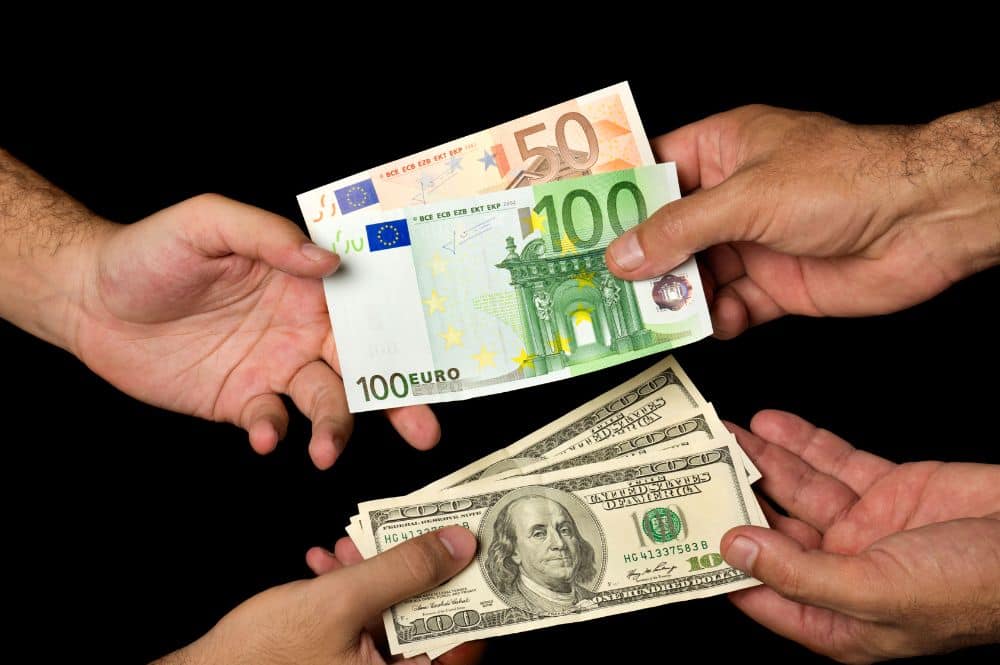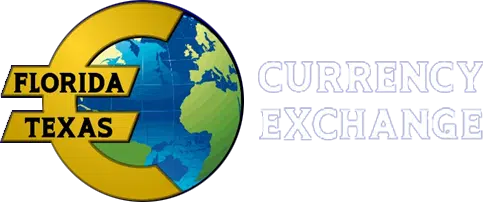Do you know the best time to exchange currency? Understanding this can significantly impact how much money you end up with. Surprisingly, many overlook the timing of their currency exchanges and lose money as a result. Various reports have shown that a lot of exchanges are done at less-than-ideal times, which can be costly in the long run.
In this blog post, we’ll explore when to exchange currency and why it really matters. By grasping the importance of timing, you can ensure you’re not missing out on potential gains. Let’s dive into the strategies for getting the most out of your currency exchanges.
What’s the Best Time To Exchange Currency?
Finding the best time to exchange currency can help you get the most value for your money. Here are some tips to help you choose the right time;
● Watch Market Trends
Keep an eye on the news and trends in the currency market. Exchange rates go up and down based on various economic factors like interest rates, inflation, and political events. Knowing these trends can help you predict rate changes.
● Avoid Peak Travel Seasons
Exchange rates can be worse during busy travel times when lots of people need foreign currency. Try to exchange your money before the holiday season or other popular travel times.
● Pay Attention to Economic News
Important economic announcements, such as changes in interest rates or job reports, can cause exchange rates to fluctuate. Plan your currency exchange around these announcements to get better rates.
● Consider Forward Contracts
If you need to exchange a large amount of money later, think about using a forward contract. This lets you lock in the current exchange rate for a future date, protecting you from unfavorable changes.
● Exchange on Weekdays
Currency markets are more stable on weekdays when they are open and active. Avoid exchanging currency on weekends or holidays when markets are closed and rates can be more unpredictable.
Factors Affecting Currency Exchange Rates
Several factors influence currency exchange rates. Having a good understanding of them can help you make better decisions when exchanging money;
● Economic Indicators
Data like GDP growth, unemployment rates, and inflation impact exchange rates. Strong economies usually have stronger currencies.
● Interest Rates
Central banks set interest rates, which affect currency values. Higher rates attract foreign investments, boosting demand for the currency.
● Political Stability
Stable governments typically have stronger currencies. Political turmoil can weaken a currency due to increased uncertainty.
● Market Sentiment
Traders’ perceptions impact exchange rates. Positive news can boost a currency, while negative news can lower it.
● Trade Balances
A surplus (more exports than imports) strengthens a currency, while a deficit (more imports than exports) weakens it.
● Speculation
Traders buying and selling currencies based on future expectations can cause rate fluctuations. Belief in a currency’s strength can drive up its value.
Seasonal Trends in Currency Exchange Rates
Seasonal trends can influence currency exchange rates. Knowing these trends can help you choose the best time to exchange money:
● Tourism Seasons
During peak travel times, such as summer and major holidays, the demand for certain currencies increases. This can make exchange rates less favorable. Try to exchange currency before these busy periods.
● Holiday Spending
Around holidays like Christmas and New Year, people often exchange more money for gifts and travel. This increased demand can affect exchange rates.
● Fiscal Year Endings
Many countries have fiscal year-end periods when businesses settle their international accounts. This can cause fluctuations in exchange rates due to increased financial activities.
● Agricultural Cycles
In countries with strong agricultural sectors, currency values can be influenced by planting and harvest seasons. Good harvests can strengthen a currency, while poor harvests can weaken it.
● Weather Patterns
Severe weather events, like hurricanes or droughts, can impact a country’s economy and, consequently, its currency value. Countries that rely heavily on agriculture or tourism are especially vulnerable to these changes.
Best Time of Day to Exchange Currency
When planning your currency exchange, timing is crucial for securing the best rates. Here’s what you need to know:
- Mid-Week Advantage: Tuesday and Wednesday are your best bets for favorable rates. These days generally experience higher trading activity, leading to more stable and advantageous exchange rates.
- Weekend Warnings: Avoid exchanging currency on weekends. With markets closed, you’re likely to face higher fees and less favorable rates due to a lack of live trading.
- Be Mindful of Mondays and Fridays: Monday markets can be unpredictable as they adjust to news from the weekend, which might worsen rates. Fridays also pose risks as traders adjust their positions for the weekend, potentially causing rate fluctuations.
Optimal Days for Currency Exchange
Choosing the right day of the week to exchange your money can impact how much you get back:
- Peak Stability: Like in our daily breakdown, Tuesday and Wednesday offer the best conditions for exchanging currency due to stable market conditions and active trading.
- Avoid Weekend Transactions: With the markets closed, Saturday and Sunday transactions often incur additional costs and poorer rates.
- Watch for Market Shifts: Always keep an eye on economic news and market trends that could affect exchange rates, particularly if you’re planning to trade on Mondays or Fridays when markets are more volatile.
Understanding these patterns helps you choose the most strategic times for currency exchange, ensuring you receive the best possible value for your transactions.
Choose Florida and Texas Currency Exchange
Choosing Florida and Texas Currency Exchange offers numerous advantages for those needing to exchange currency efficiently and economically. We provide highly competitive rates without requiring an account, making transactions both quick and easy.
Our kiosks are conveniently located in major malls across Florida and Texas, where we stock the 23 most popular currencies and can access up to 80 different types on demand within 24 hours. With the upcoming launch of our user-friendly app, customers will soon be able to view daily rates and order currency directly to their doorstep.
Furthermore, our transactions are secure—requiring a valid US license or passport for exchanges over $750—and our strategic placement in high-traffic areas ensures both convenience and safety. By staying informed on market trends and economic news, we also provide valuable insights on the best times to exchange currency. Choosing us means opting for a reliable, customer-focused service that prioritizes your financial needs and convenience.
Finding the Best Time to Exchange Currency
So far, we’ve established that knowing the best time to exchange currency is crucial for getting the most value.
Having a good understanding of the factors that affect exchange rates can help assist you when choosing the right times to make transactions which in turn saves you money.
So whether you’re traveling or doing business internationally, making smart choices about currency exchange can help you keep more money in your pocket.
Have further questions about currency exchange? Let us help – Contact us today.




